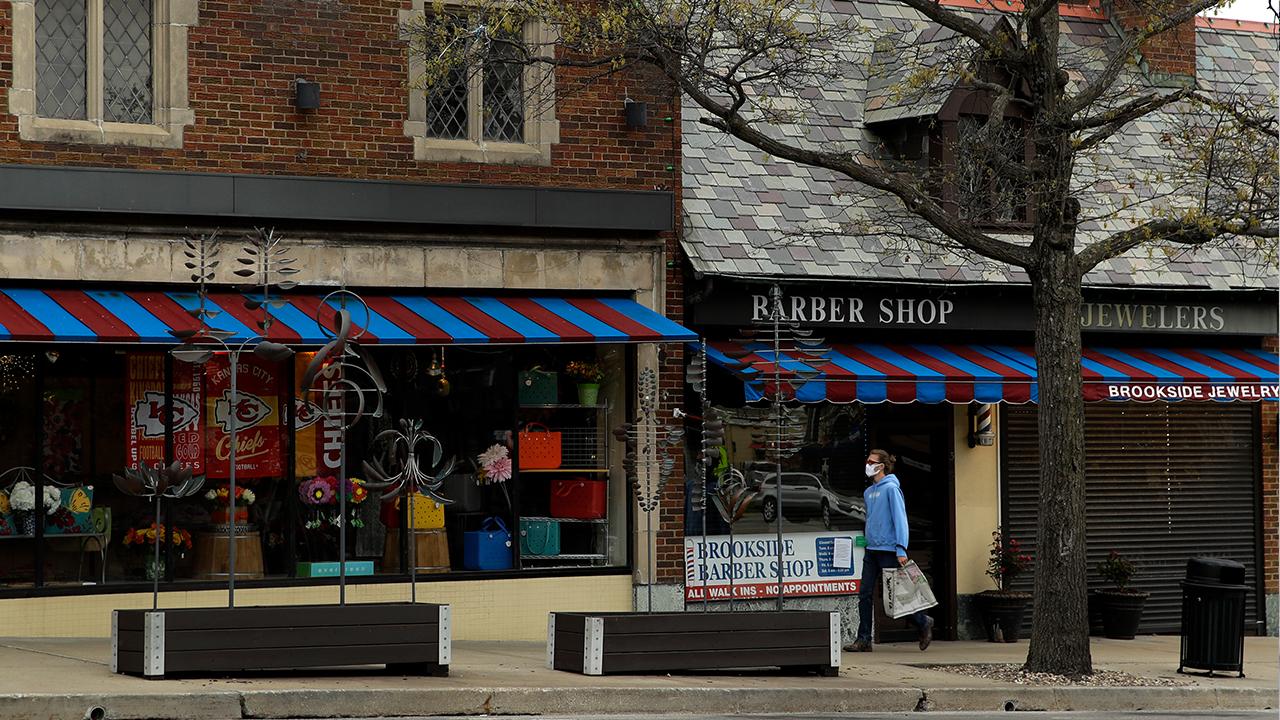Coronavirus aid: Is an economic injury disaster loan right for you?
The best move for a particular business will depend entirely on its unique situation
Get all the latest news on coronavirus and more delivered daily to your inbox. Sign up here.
The Small Business Administration began allowing lenders to process loans for its popular Paycheck Protection Program once again this week, but another potential option businesses are considering is the economic injury disaster loan program.
Technically, businesses harmed by the coronavirus pandemic can get both loans – they are designed for different purposes.
AS NEW YORK EYES POST-CORONAVIRUS ECONOMIC REOPENING, WILL REAL ESTATE REBOUND?
PPP is an incentive for business owners to keep their workers employed. The qualification criteria are relatively loose, but at least 75 percent of funds must be spent on payroll within eight weeks of receiving the cash.
The economic injury disaster loan program is not specifically associated with the coronavirus pandemic but is broadly for businesses that have suffered substantial economic injury rendering them unable to pay ordinary and necessary operating expenses. The point of the loan is to help a business ride out a disaster period until normal operations can resume – it applies to situations where there is no physical damage.
In some cases, as previously reported by FOX Business, a small business owner may have no employees – making PPP an unattractive option.
AFTER CORONAVIRUS SUBSIDES, WEALTHY HAMPTONS REAL ESTATE MARKET POISED FOR ‘TAKEOFF’
Further, not every eligible small business may get a loan through the program, which has been overloaded with applicants. L.J. Suzuki, the founder of CFOShares.org, told FOX Business he expects about half of eligible business owners to receive funding through the highly coveted program.
The best move for a particular individual will depend entirely on their specific situation, Suzuki noted. But there are some things businesses should consider before applying for an economic injury disaster loan.
The loans, of up to $2 million, are not forgivable – and will need to be repaid. The interest rate is 3.75 percent.
GET FOX BUSINESS ON THE GO BY CLICKING HERE
Personal guarantees will be required.
As Suzuki noted in a recent blog post, they will be required of any owner with over 20 percent interest for a loan exceeding $200,000. The application also requires that owners waive some rights to secure the loan.
So who stands to benefit most from this option?
Overall, Suzuki believes an economic disaster injury loan is preferable to a traditional bank loan for businesses that don’t have an existing banking relationship, have existing high-interest debt to refinance, are not profitable, have modest growth plans or need cash immediately.




















